Mosquitoes can be a nuisance if you happen to encounter them during your backpacking or camping trip. They cause itching and due to their irritating bites, you can have a lack of sleep. No matter how you had planned your trip, it can end up being ruined by those small yet irritating creatures.
So, how to prevent that? Using mosquito repellent will help if there aren’t too many of them around, but if you happen to find yourself near water, where there are swarms of them, the repellent won’t help much.
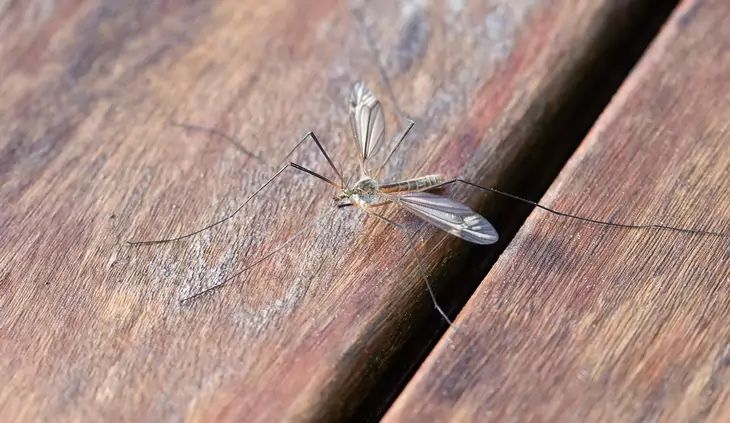
So, how far away from water do you have to be safe? How far do mosquitoes travel? Keep on reading to get all the answers. But first, a few facts about those pesky little insects.
Facts about Mosquitoes
Mosquitoes depend on plant juices and nectar for nourishment and survival; they suck blood to provide protein for their eggs. This explains why only female mosquitoes are involved in blood sucking. Surprisingly enough, there are very few creatures in the world that do not harbor an abhorrence for these creatures. Their first choice source of blood is not from humans, but cattle, birds, and horses.
Therefore, they can be pretty dangerous for us because they carry some of the humanities deadliest diseases including malaria. It gets worse with the fact that they have an annoyingly strong ability to sense danger. If you want to kill them, they can feel your murderous intentions and take a flight within milliseconds.
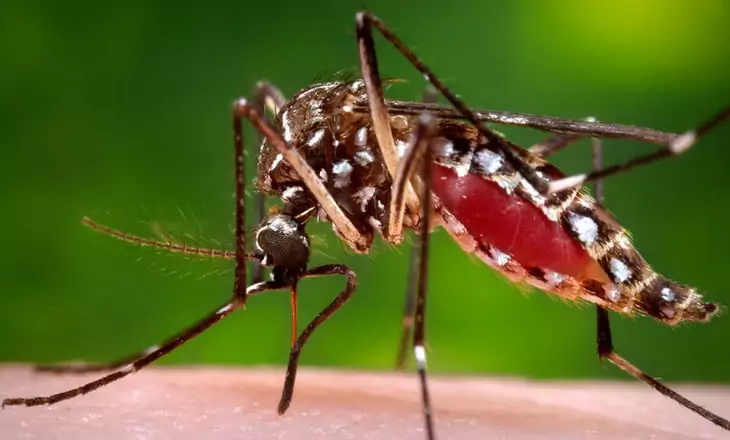
There is a wide range of mosquitoes, with millions available in over 3000 species worldwide. The best thing is that not all of these are known for biting. Only three female species are known to cause trouble for humans. These three species have the ability to transmit diseases. They are:
- Anopheles– it causes malaria, elephantiasis, and encephalitis.
- Aedes Mosquitoes– they carry yellow fever, dengue, and encephalitis.
- Curex Mosquitoes– these are known for carrying encephalitis, filariasis, and West Nile Fever.
These three types have a mouth structure that allows them to bite and suck blood.
Furthermore, mosquitos have the ability to sense dinner when they are 50 meters away. They can travel up to 40 miles away looking for a meal. People who have high cholesterol levels and steroids in their blood stream, have a tendency to attract mosquitoes. Younger people and those who have blood type 0 are the most vulnerable to mosquito attacks.
Other factors that tend to attract mosquitoes include sweating and panting. These two act like a mosquito magnet and, therefore, you are exposed if exercising heavily in an area known to have mosquitoes.Mosquitoes hide in shelters, bushes, and farms, during the day, and become active only at dawn and dusk. Therefore, these are the time periods when you have to avoid them because a 2 hour encounter with a swarm of these blood sucking little creatures, is enough to make you lose about 50% of your blood!
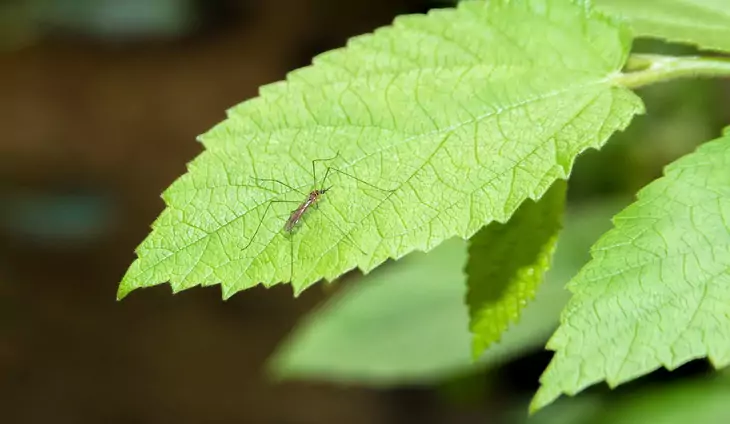
Many people believe that mosquitoes die after their first bite like bees. But remember their bites are not for protecting the mission, but a feeding spree. If they died after their first bite, then would have no use biting in the first place. The only time a mosquito dies when biting, is if you squash her after her first attempt.
Also, they have little brains, but surprisingly enough, they have outwitted human beings for centuries. As much as they are a bother, they are preyed by lizards, bats, birds, spiders, and fish among other small creatures. Despite having a list of enemies, their population is too high to wipe out from the face of the earth. One female mosquito hatches up to a hundred eggs in one batch and after only one mating.
Places Most Prone to Mosquitoes
The largest population of mosquitoes can be found in Tropical regions, where you can find the widest varieties of mosquito species. The largest numbers can be found when the climatic conditions are warm and humid. During cold times, they go into hibernation. But, there are places where they are present throughout the calendar. Mosquitoes breed in wet areas and especially in stagnant water.
To avoid them, you need to keep off all wetlands, marshy areas, swamps, creeks, and rivers. They can also breed in a puddle as small as a bird bath or run-off ditch. Some mosquitoes require fresh water, when others reproduce in salty waters. Whatever the case, avoid any place with stagnant water. Fish ponds are nevertheless safe since the fish will feast on the larva.
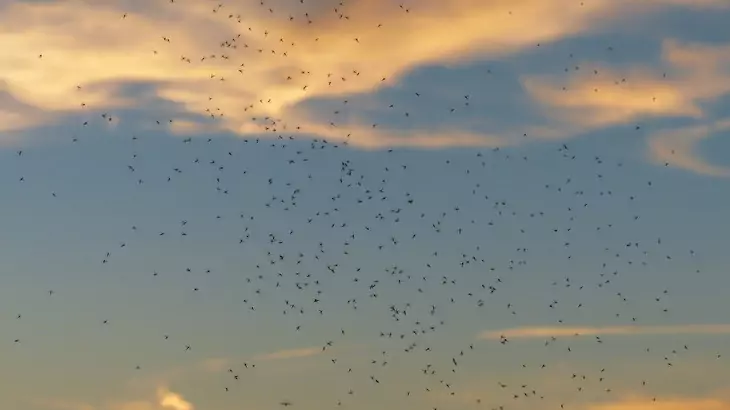
Mosquitoes are attracted to animal smells. You should, therefore, be careful when visiting the zoo. You can either use the traditional mosquito repellent, or the modern sunscreen that is incorporated with a repellent. Since you cannot keep off your pet, make sure you regularly check your dog’s kennel and spray it often. This will keep you both safe from these irritating creatures. Another place to avoid, is a big crowd, since they are associated with carbon dioxide that is exhaled and sweat. However, it is uncommon for mosquitoes, to show up during the day.
Another important thing to know is that fruit and flower scents are strong mosquito magnets. If you have to put on colon when backpacking, it should smell different from those two. Or, you can avoid wearing any at all for your safety. Some plants, such as marigold, repel mosquitoes.
In case you have a kitchen garden with flowers, consider planting a few of these. They also tend to be attracted to dark colors. When buying your hiking gear and especially sleeping bags, consider buying luminescent materials. Knowing the things that can attract mosquitoes towards you is crucial in helping you keep them at bay.
Mosquito Range
The species determine Mosquito range. However, the most common distribution is between 1-3 miles. Other varieties spread to as far as 7 miles.
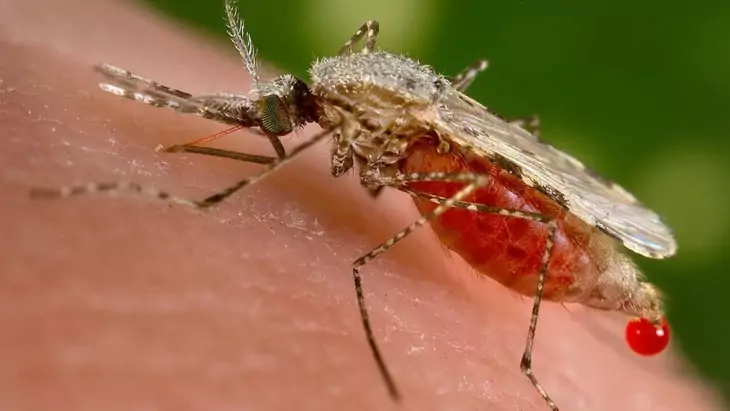
A hungry female mosquito will fly up to 50 miles, looking for an animal or human to feed on.
Means of Dispersal
New mosquito species can be introduced to areas where they aren’t indigenous, through various ways, including:
- During transportation of cut flowers.
- Delivery trucks, personal vehicles, and even aircraft.
- Eggs and larvae inhibit water filled tires.
How to Deal with Mosquitoes
There are two ways you can handle mosquito bites, either by preventing it or treating a bite.
Avoiding the Bites
There is nothing that can disturb your backpacking trip on a summer afternoon more than a mosquito bite. This, however, doesn’t mean you should cancel your plans. All you have to do is not to expose yourself to these irritating insects.

To avoid an encounter with mosquitoes when backpacking:
- Ensure that you have covered your hands and legs using light clothing.
- Do not wear shorts when hiking in a mosquito infested area. It’s wise to invest in the best convertible pants, as featured in our previous article, so do check it out.
- Get into the habit of hiking during morning hours and midday when these insects are less active.
- Mosquitoes rarely like being in the hot sun. When hiking, you can keep your route in the opening and avoid going under shades as much as you can.
- While sleeping, avoid using dark-colored sleeping bags or sleeping clothes, primarily black and blue. Mosquitoes are known to be attracted to these colors.
- You can use anti-repellent lotions to keep them off.
- Petroleum jelly is known to repel mosquitoes. Apply it to every part of your uncovered skin when going to sleep.
- Since mosquitoes are attracted to lactic acid, which is found in sweat, make sure you always take a shower before going to bed.
- Citronella plants are good at repelling mosquitoes. In case you are hiking in a place where they grow, cut a twig and put it near your sleeping bag and you will enjoy a quiet night.
To keep those pests away from you, read our list of the best mosquito repellents for more options.
Dealing with the Bites
Avoiding mosquito bites when you are outdoors is not 100 percent possible. There are still chances that you will encounter them and especially at night.
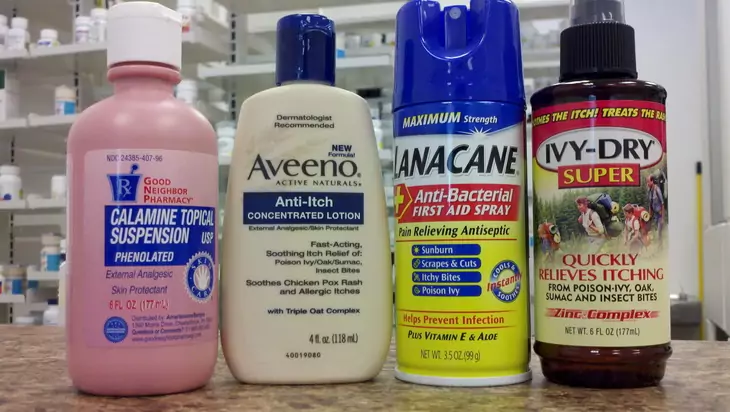
You can mitigate the bites by doing one of the following:
- Place ice cubes on the spot where the mosquito bit you, and avoid itching as much as you can. Sometimes the bite is made worse by the constant itching, which can at times lead to infection. Funny enough, other animals also experience the itching after a mosquito bite, it’s only that they do not complain much as humans do.
- Use antihistamine products to lessen the bumps and the itching after a mosquito bite. You should use these products before going to sleep since they are known to cause drowsiness.
- The calamine lotion is also a good solution for treating mosquito bites.
- Always make sure you keep the bites as clean as possible by washing them with anti-bacterial soap. By doing so, you reduce the chances of infection. Rubbing the spot using bar soap also lessens the urge to itch.
Getting Rid of Mosquitoes
Mosquitoes are hard insects to get rid of. In addition to their thousands of species, their breeding rate is also very high. Weather changes don’t affect their breeding patterns. During the winter, they seem to disappear, but in the real sense, they are usually in the larvae stage. By the time summer comes, they are already mature and flying all over, causing a nuisance.
Even if you cannot get rid of mosquitoes, you can try to control their number and minimize the chances of these insects ruining your camping trip. There are people who seem to attract mosquitoes more than others. This attraction is caused by the smell of your sweat, which in most cases, is affected by what you have eaten.
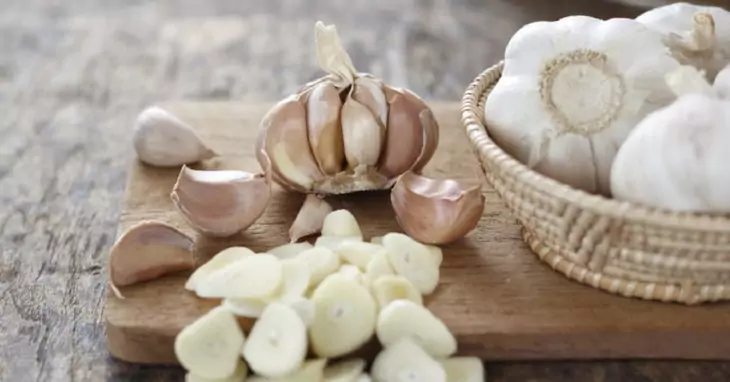
For instance, if you eat a banana and another person eats garlic, mosquitoes will be more attracted to you than the latter, this is because garlic acts as a repellant. Since you cannot avoid bananas or eat too much garlic while hiking, why don’t you try to make your own mosquito trap?
Requirements
- 2 cups of water
- A knife
- Pinch of yeast
- An empty two little soda bottle
- Four tablespoons brown sugar
- Black construction paper
Instructions
- Cut the soda bottle into two halves, where it starts to curve and keep the upper side as you will require it.
- Place one cup of water on a stop, and bring it to nearly boiling before adding the four tablespoons of sugar and dissolving it completely. Then add the remaining cup of water to cool down the mixture. Once you are confident the mixture is cool enough, add a pinch of yeast. Doing this, makes the mixture produce carbon dioxide, which mimics the exhaled human breath. Then pour the mixture on the lower part of the cut soda bottle.
- Take the upper part of the bottle, which you cut, and place it inverted on the top of the bottom part holding the mixture. Press it down so that it completely seals that bottom part. Make sure it doesn’t touch the mixture base, but it needs to be close enough. The design allows mosquitoes to fall into the liquid once they fly into the trap.
- You need to disguise your trap to help catch unsuspecting mosquitoes. You can do this by wrapping the trap, using a black construction paper. Place the trap in any near water body; you can place it near your camping site before going to bed. The smell will lure the mosquitoes into the trap, leaving you to sleep in peace.
The trap is easy to make and highly versatile so that you can carry it every time you go hiking. You can also extend its use for your home. The best thing about this trap is that it is durable and can, therefore, be utilized for a long time.
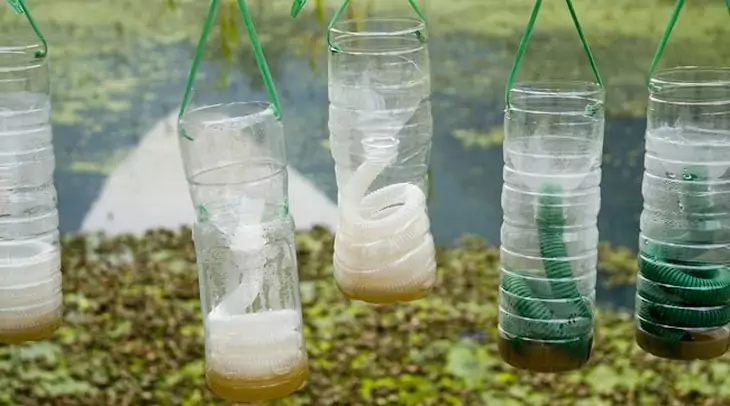
The only thing you need to do is change the liquid, at least once a week. Doing this minimizes the chances of mosquitoes breeding in the liquid.
Plants You Can Use to Keep Off Mosquitoes
There is nothing that can ruin your backpacking trip like a swarm of mosquitoes. They can deny you peace, both during the day and at night. Luckily for you, there a number of plants that are known to repel these irritating pests. You can use these plants either on your patio, gazebos or carry them with you while on a hiking trip.
- Citronella– it has a sweet lemony smell and is commonly known for repelling mosquitoes. It’s strong enough so that it is referred to as the mosquito plant. Several mosquito repellant products include this plant as an ingredient. The best thing about it is that it doesn’t require lighting or spraying. It repels these insects while in its normal status.
- Ageratum- the plant produces white or blue flowers which have Coumarin. Mosquitoes are known to fear these flowers more than anything else. The plant is up to 4-6 feet tall. It can, therefore, make a good part of your hedge near the patio. With it around, you are assured that mosquitoes will keep a distance from your home.
- Marigolds– these plants are annual plants and are easy to grow. They are strong mosquito repellents and for this reason, they are incorporated in making mosquito repellent products. You can grow them in containers, patio or on a porch. They also come in different colors including blue, yellow, red, orange, and gold. Some are available in multicolor. In addition to spurning mosquitoes, marigolds are also very powerful in keeping off other insects away from your home.
- Catnip– this plant is stronger than DEET, so have studies shown. It has heart shaped leaves and produces lilac, white, pink, or blue flowers. By planting this plant, you will kill two birds with one stone; keep off mosquitoes and make your cat love you more.
- Horsemint plant– it has purple flowers and works just like a citronella plant. It has a lemony smell, which makes it add a sweet smell to your flower garden, in addition to repelling mosquitoes.
While going for hiking expeditions, you should consider picking the leaves or flowers of these plants to bring them with you. Crushing the parts will keep off the mosquitoes as much as carrying conventional repellents. You can also try applying the juice of these plants to prevent bites.
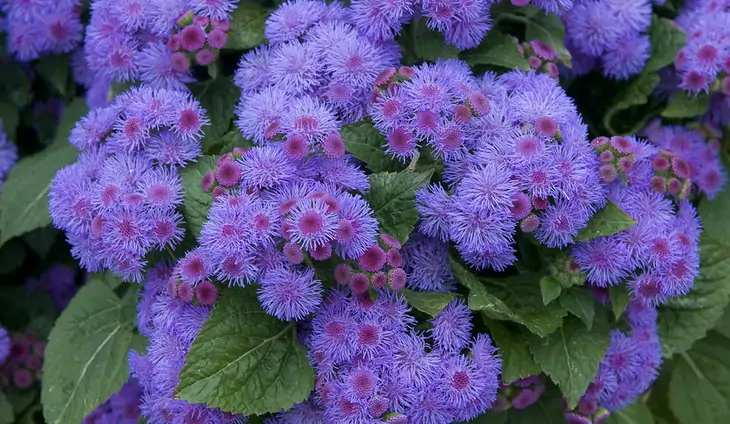
However, you need to try on a small part of the skin to see whether there will be a reaction.
Homemade Mosquito Repellent
Summer is way too beautiful to spend the day indoors, however, you do not want to be feasted on by the mosquitoes either. Even though there are a number of repellents that you can purchase, you can also make some, using ingredients readily available in your house.
Ingredients
- Citronella Oil/ Eucalyptus oil
- Hazel/ vodka
- Apple cider vinegar
- Lemon balm oil
Mix a third of a cup of apple cider vinegar, a third of a cup of witch hazel, and five drops of citronella oil. In case you do not have citronella oil, you can use eucalyptus oil, and you can also replace hazel witch with vodka. Mix the ingredients thoroughly in a spray bottle, and you are ready to go. You can carry the mixture even when going for hiking in a far place.
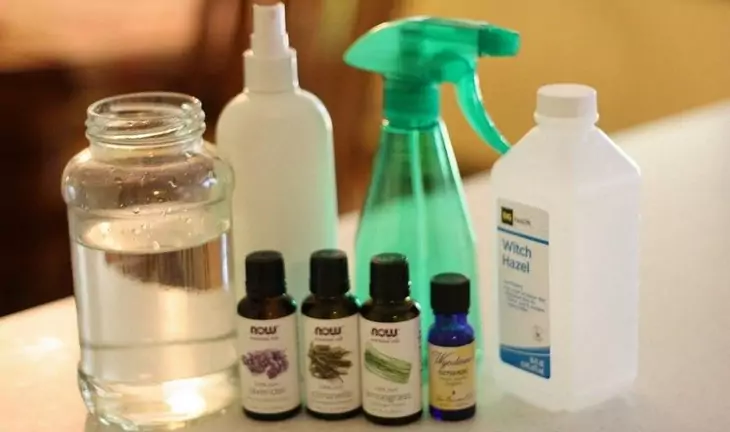
You can also use aloe Vera gel, sweet almond oil, clove, thyme, lemon eucalyptus, rosemary and peppermint. Mix the ingredients thoroughly. However, since essential oils are known to cause skin irritation, make sure you dilute using neutral carrier oils such as sweet almond oil. You can also use Neem oils as a repellent. Due to its unpleasant smell, consider using it during the day when you are busy hiking not at night. Here’s our article on DIY mosquito repellents to avoid those deadly bites.
Wrapping it up
Despite their small size, mosquitoes can be a nuisance and make your outdoor experience a nasty one. The worst thing is, that in addition to their irritating bites, they also spread life threatening diseases.
The only way to keep yourself safe is by using repellents and making sure you drain all water near your campsite. However, when going for hiking expeditions, covering your skin and using repellants might be your only option.
You can also do a survey on the area you are going camping. By doing this, you have a clue on the mosquito population of the area you are going to. This way you will be able to apply the right measures of protecting yourself. For more ideas, see our piece on DIY insect repellents that works for all pests.
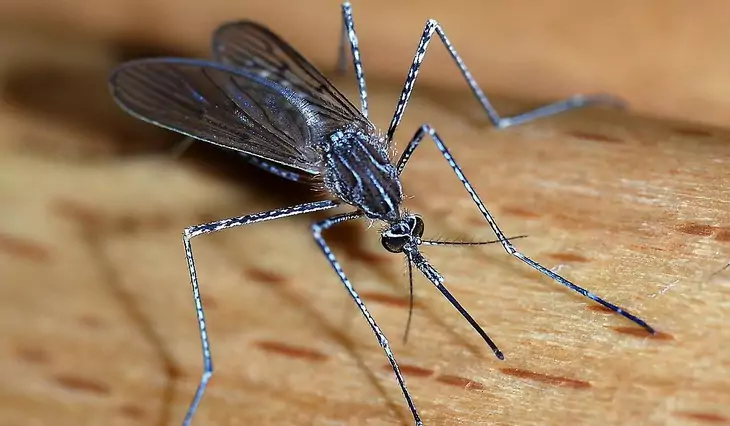
If you found our article to be useful and interesting, please feel free to share it on social media. On the other hand, if you think that we missed to talk about something important regarding this topic, leave a comment in the comments section below.








There isn’t any hiker or camper that loves being bitten by mosquitoes. If you are a heavy sleeper, you should consider using homemade mosquito repellents to avoid the nasty bites and malaria.
Mosquitoes can be irritating only if you let them. Use all the available methods, including traps, nets and repellents.